Rikugun (1944) Online
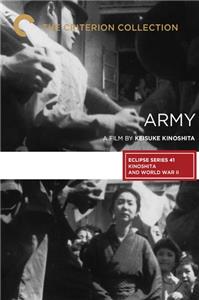
Kinoshita's ambitious and intensely moving film begins as a multi-generational epic about the military legacy of one Japanese family, before settling into an emotionally complex portrayal of parental love during wartime. As the parents of a boy shipped off to battle, Kinuyo Tanaka and Chishu Ryu locate profound depths of feeling that transcend ideology.
| Credited cast: | |||
| Chishû Ryû | - | Tomosuke Takagi | |
| Ken Mitsuda | - | Tomonojo, Son | |
| Kazumasa Hoshino | - | Shintaro, Son | |
| Kinuyo Tanaka | - | Waka | |
| Ken Uehara | - | Nishina | |
| Haruko Sugimura | - | Setsu | |
| Shin Saburi | - | Captain | |
| Shûji Sano | - | Kaneko | |
| Eijirô Tôno | - | Sakuragi | |
| Toshio Hosokawa | - | Hayashi | |
| Rest of cast listed alphabetically: | |||
| Yasumi Hara | - | Takeuchi | |
| Fujio Nagahama | - | Fujita | |
| Toshio Yamazaki | |||
| Jun Yokoyama |
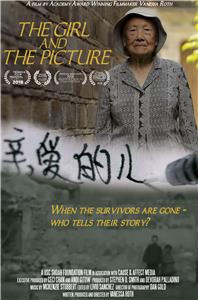

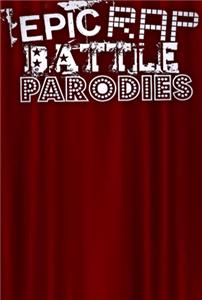

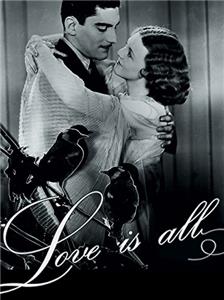
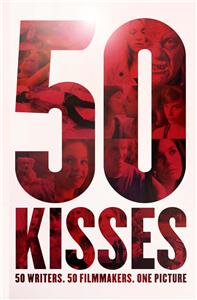

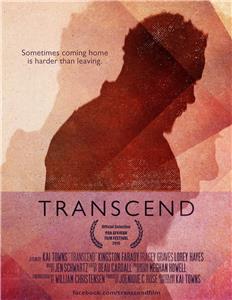
User reviews